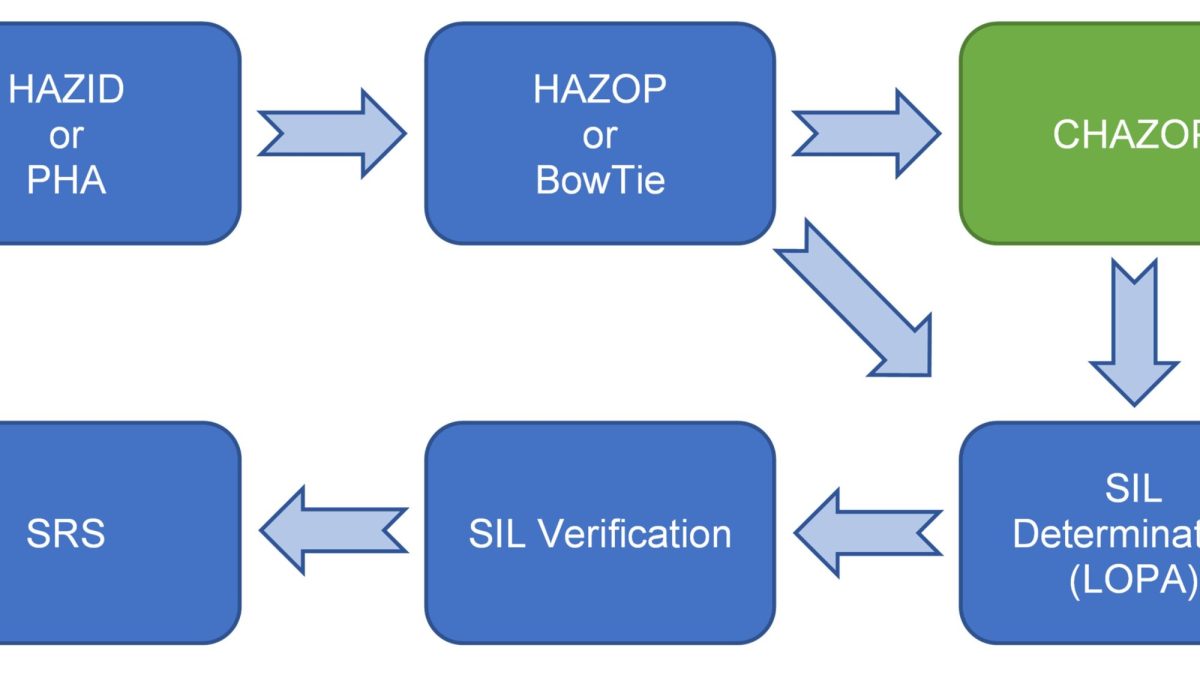HAZOP for SMEs – Making Safety Affordable for Small and Medium Enterprises in India

Material Handling Audit Including Crane, Forklift, Hydra, etc.: Ensuring Safe and Efficient Operations
August 27, 2025
The Future of First Aid: How Technology Is Revolutionizing Emergency Response Training
September 10, 2025Small and Medium Enterprises (SMEs) play a vital role in India’s economy, driving innovation, employment, and regional development. However, ensuring workplace safety often presents significant challenges for these businesses due to limited resources, lack of technical expertise, and evolving regulatory requirements. Among the many safety tools and processes available, Hazard and Operability (HAZOP) studies, alongside other safety measures such as Fire Audits and comprehensive Safety Audit Services, offer practical, affordable, and effective solutions for SMEs seeking to protect their workforce and comply with safety standards.
This article explores how SMEs in India can leverage HAZOP studies and related safety assessments to implement robust safety frameworks that balance cost and efficacy.
Understanding HAZOP and Its Relevance to SMEs
HAZOP, or Hazard and Operability Study, is a systematic, structured technique used to identify potential hazards and operability problems in industrial processes. Originating in the chemical and petrochemical industries, HAZOP has now been adapted to various sectors, including manufacturing, pharmaceuticals, food processing, and more. Its core objective is to examine the design and operation of processes to uncover deviations that could lead to unsafe situations or operational inefficiencies.
For SMEs, undertaking a Hazop Study may seem complex or costly initially. However, with the right expertise and approach, it can be scaled and customized to suit smaller operations, providing immense value by preemptively identifying risks that might otherwise result in accidents, financial losses, or regulatory penalties.
Challenges SMEs Face in Implementing Safety Measures
SMEs in India frequently grapple with multiple hurdles when it comes to occupational safety:
- Limited Budgets: Unlike large corporations, SMEs often operate on tight margins, making extensive safety investments difficult.
- Lack of Specialized Knowledge: Many SMEs lack in-house safety experts capable of conducting advanced risk assessments like HAZOP or Fire Audits.
- Regulatory Complexity: Compliance with national and state safety regulations can be confusing without expert guidance.
- Operational Disruptions: Implementing safety measures without interrupting day-to-day production is a delicate balance.
Despite these challenges, neglecting safety can lead to devastating consequences—workplace accidents, damage to assets, reputational harm, and legal liabilities.
Making HAZOP Studies Affordable and Practical for SMEs
A HAZOP study involves a detailed examination of processes, usually conducted by a multidisciplinary team, including process engineers, safety experts, and operations personnel. For SMEs, this process can be streamlined by focusing on critical processes or high-risk areas first, rather than attempting a comprehensive study of every operation at once.
Some practical approaches for SMEs include:
- Engaging External Experts: Hiring consultants specialized in HAZOP can be more cost-effective than training internal staff extensively.
- Modular Studies: Breaking down the process into smaller modules and conducting phased HAZOP studies can spread costs and resources over time.
- Leveraging Technology: Using software tools to document, analyze, and report findings increases efficiency and reduces manual effort.
- Training Key Personnel: Developing a core group of trained staff ensures ongoing safety management without recurring consultant fees.
These steps help SMEs access the benefits of HAZOP without prohibitive expenses.
Integrating Fire Audits with HAZOP for Holistic Safety
While HAZOP focuses on process-related hazards and operational issues, fire safety remains a critical area often addressed separately. Fire hazards in SMEs can arise from electrical faults, flammable materials, poor housekeeping, or inadequate emergency preparedness.
Conducting a Fire Audit alongside or following a HAZOP study provides a comprehensive overview of fire risks and control measures. Fire audits typically review:
- Fire detection and alarm systems
- Firefighting equipment availability and condition
- Emergency exits and evacuation plans
- Employee fire safety training and drills
- Storage and handling of combustible materials
Together, HAZOP studies and fire audits form complementary components of a SME’s safety strategy, addressing both process-specific and general safety concerns.
The Role of Safety Audit Services in Supporting SMEs
Beyond HAZOP and fire audits, SMEs benefit significantly from engaging a professional Safety Audit Service. Such services conduct thorough assessments covering multiple aspects of workplace safety including hazard identification, compliance checks, safety management systems, and employee safety culture.
For SMEs, partnering with a trusted safety audit provider offers several advantages:
- Access to expert knowledge without the cost of full-time safety staff
- Objective evaluation of safety practices and identification of gaps
- Tailored recommendations aligned with the organization’s size and industry
- Assistance in meeting regulatory compliance requirements efficiently
- Support in developing corrective action plans and follow-up processes
By integrating safety audit services with HAZOP and fire audits, SMEs create a layered safety framework that proactively mitigates risks.
Benefits of Implementing HAZOP and Related Safety Measures for SMEs
Investing in HAZOP studies, fire audits, and comprehensive safety audits may seem like an upfront cost, but the long-term benefits far outweigh the expense:
- Accident Prevention: Early identification of hazards reduces incidents and associated costs.
- Regulatory Compliance: Meeting safety laws avoids penalties and operational disruptions.
- Employee Safety and Morale: A safe work environment enhances worker satisfaction and productivity.
- Insurance Advantages: Improved safety records can lead to lower insurance premiums.
- Business Continuity: Preventing accidents ensures uninterrupted operations and client trust.
- Competitive Advantage: Demonstrating a commitment to safety can differentiate SMEs in the marketplace.
Ultimately, these measures foster a culture of safety and continuous improvement that benefits the entire organization.
Practical Steps for SMEs to Start Their Safety Journey
SMEs interested in adopting HAZOP and other safety measures can begin with the following practical steps:
- Conduct a Preliminary Safety Assessment: Identify high-risk processes or areas requiring urgent attention.
- Engage Qualified Professionals: Collaborate with consultants or agencies experienced in SME safety needs.
- Prioritize Actions Based on Risk: Focus resources where they will have the greatest impact first.
- Train Key Employees: Build internal capacity for ongoing safety management.
- Schedule Regular Reviews: Safety is dynamic, so continuous monitoring and updates are essential.
- Document and Communicate: Maintain clear records and promote awareness throughout the workforce.
By adopting a phased and focused approach, SMEs can build sustainable safety systems without overwhelming costs or operational disruptions.
Conclusion
Safety need not be a luxury exclusive to large corporations. With appropriate strategies like tailored HAZOP studies, fire audits, and professional safety audit services, SMEs in India can create safe workplaces that protect employees, meet regulatory demands, and support business growth.
By making safety affordable and practical, SMEs not only safeguard their most valuable assets but also enhance their resilience and competitiveness in today’s dynamic industrial landscape.
For SMEs looking to implement or enhance their safety programs, exploring expert Hazop Study, Fire Audit, and Safety Audit Service offerings is a prudent first step toward achieving robust and cost-effective safety management.




